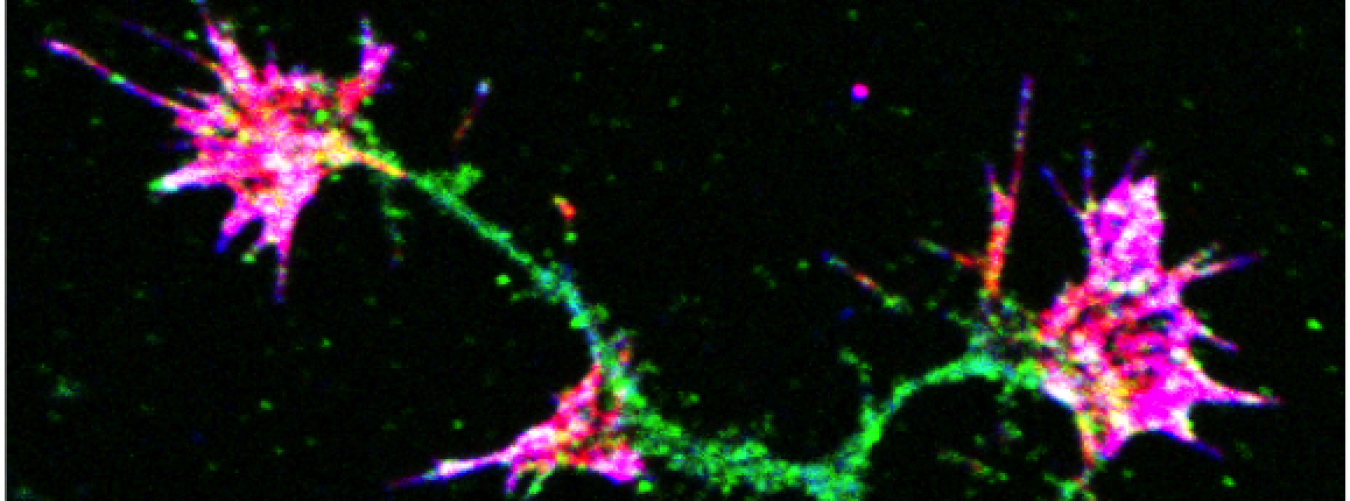Tuesday 16th May
After a successful first Pint of Science day, the beautiful Mind team returned to the Stein Garten and Beer Keller in Southampton for day 2 of the festival.


The topic of day 2 was:
Forgetting who you are: can science help? an evening where you find out what goes on in a Dementia clinic, and how scientists are trying to change the lives of those suffering from dementia.
After an introduction by Charlie, our host of the evening, two brilliant female speakers took the stage, both funded by Alzheimer’s research UK, talking about their work on dementia.

First up was Rebecca Ollington, study co-ordinator and MARC PhD student at the Moorsfield Hospital. She gave a perfect overview on the ‘in’s and out’s’ of clinical trials from the perspective of both the participant and the researcher. We also had a go ourselves by drawing simple diagrams (not so easy if you have to redraw without an example!), connecting numbers to letter and memorize a list of words, while drinking a pint (or 2). Finally, Rebecca give a glimpse on her PhD research topic explaining the potential role of the locus coerelius, the area of the brain responsible for dealing with stress and panic in Alzheimer’s disease.

The well deserved (or needed?) break was used to refill the pints, and to take part in our pipe cleaner competiton. An enthusiastic audience created fabulous neurons, some accompanied by a scientific diagram- very impressive. Two winners were selected, each winning a goodie bag from hindawi, our sponsors. We also exhibited two very impressive fashion creations, made by Peter Symonds 6th college students, as part of the Changing Minds project.



The second speaker was Grace Hallinan, 3rd year PhD student from Biological Sciences, gave a professional, moving, funny and informative talk on her work on Alzheimer’s disease and why we should do more research in this field to understand and treat this devastating disease. Grace spoke about her research into how diseased proteins spread through the brain, and what she and her lab are doing to stop it. She entertained the audience with personal stories that motivate her, and showing the high tech ( but oh so cheap!)

microfluidic devices she uses in her experiments. Her talk ended by passing on an orange, inspired by the’ pass on the orange’ campaign from Alzheimer’s Research UK illustrating the average loss of brain tissue in an AD patient – which is the same weight as an orange. Click here for some life streaming:
some comments:
bloody brilliant!
The evening was so much fun – I wished I brought my 13th year old daughter
Another successful event – now only one more to go!



